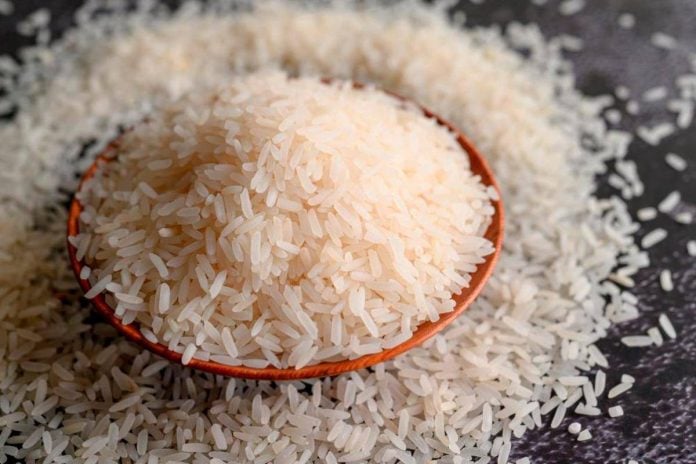KUALA LUMPUR: The Malaysian Agricultural Research and Development Institute (MARDI) maintains that local white rice quality matches imported varieties despite misconceptions about staleness and texture.
Director-General Datuk Dr Mohamad Zabawi Abdul Ghani emphasised comprehensive quality monitoring from seed certification to final production stages.
Malaysia’s Paddy Seed Certification Scheme ensures farmers receive genuine, high-yielding, and disease-free seeds through rigorous laboratory testing.
National standards developed with the Department of Standards Malaysia and SIRIM Berhad govern paddy and rice specifications including purity and foreign material control.
Produced rice meets the highest safety and quality standards, matching imported rice in texture, aroma, and nutritional content.
Mohamad Zabawi noted that perceived differences in softness depend on individual preference rather than objective quality measures.
The MR333 variety (Menora) compares favourably to Siamese rice in grain length and overall quality.
Local fragrant rice varieties like MRQ76 offer a mild aroma similar to Thai Jasmine Rice, catering to diverse consumer tastes.
Padiberas Nasional Bhd (Bernas) implements stringent ISO-accredited laboratory controls for physical, chemical, and sensory testing.
Bernas collaborates with the Department of Chemistry Malaysia for inter-laboratory comparison and proficiency testing to ensure analytical accuracy.
Some local rice varieties provide unique health benefits, such as the low glycemic index of MARDI MRQ103 for diabetic consumers.
Consumer Hadija Esa, 35, chooses local rice for its subsidised price and equivalent quality to imported options.
Mohd Hanafiah Omar, 58, prefers local rice to support farmers and contribute to national economic development. – Bernama







